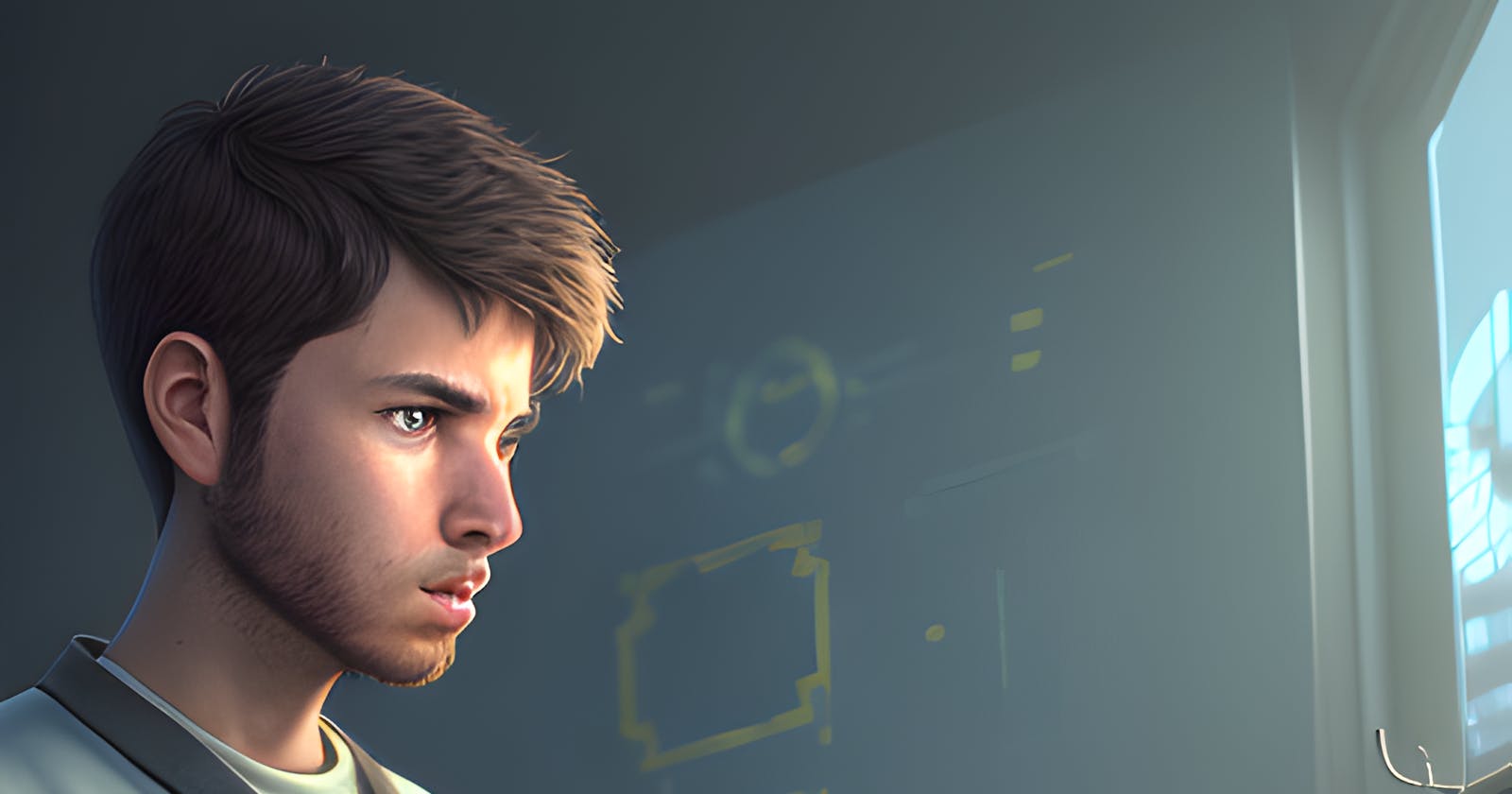In my short stint as a software engineer (2.5 years), I've always been incredibly lucky with the people surrounding me. I've encountered ingenious engineers that, through extensive patience and support, have gone above and beyond to help me learn, improve, and become a better engineer myself.
On my first day at my first company, I didn't understand what a POST request was. At the start of last year, I didn't know what GraphQL was. Before yesterday, I had never used a GoLang defer.
Now, if I look back, I can easily see how far I've come. But when you're surrounded by a team of extremely intelligent and knowledgeable people, it's even easier to see how far you have to go. And just as easily, this distance can manifest into anxiety and depression.
I only have to glance at my colleagues, and the following thoughts surface:
I'm not an architectural powerhouse like Dustin or Jens.
I'm not comfortable and proficient in every corner of the code base like Alberto.
I'm not a logic and engine expert like Yuri or Sergiy.
I'm not a magical front-end wizard like Suvij, Nithin, or Eelco.
And these realisations force me to wonder: what value do I represent? What right do I have to be part of this team?
My whole life, I've compared my own skills and knowledge to the next person. And when I was frustrated by what I had (or hadn't) achieved within a certain time-frame, I would become jaded and disillusioned. In many cases, it would cause me to give up: I'm not as good as that person, so why bother?
You'll read all over the internet that these types of comparisons are unhealthy. But we're trained to look constantly side to side and compare from infancy. Most of the education systems worldwide rely on standardized testing: averages and metrics like age and sex—are you above or below the curve? From the moment we start school, our academic and personal progress and achievements are directly compared with that of our peers, seniors and juniors. It's only really in the 21st century that we, as a species, are beginning to learn to celebrate each other's differences and that what makes us unique. Yet pillars of society like education remain the same; comparison is ingrained into human nature, and it is extremely difficult to stop doing it.
But perhaps the no-comparison rhetoric isn't quite right. Perhaps we should be comparing ourselves... just not to others. If I don't compare the engineer I was 2.5 years ago to the engineer I am now, I would have no sense of progression. It's like as a child when you would visit a relative you hadn't seen for a while, and they would exclaim how much you've grown. You'll likely never hear your guardians, siblings, or otherwise people you see most days exclaim the same, but does that mean the progression is not there or that it isn't meaningful? Gradual change is difficult to observe, but it constitutes the bigger picture: the quarter-millimeter I grew yesterday is part of the one hundred centimeters I grew over the last ten years.
Of course, height is one of the many facets of life over which we have no control. I cannot look at my tall neighbour and learn how to be tall one day. But what I can do is look at the work my colleagues do and the knowledge they harbour, and aspire to one day perform at that calibre. I'm not comparing myself to their abilities; I'm setting a goal whose progress is measured by who I was the day before. All that matters is whether I have improved since yesterday, last week, or even last year—be it learning something new or solving a new challenge.
The truth is, if you've stagnated; if you're no longer learning; if you're no longer inspired to improve and progress, it's probable that you're in the wrong team and surrounded by the wrong people. Learning should never ever stop. But what's most tragic is when we're no longer inspired to learn or be better. Or we feel we have no reason to.
I've not long been at WunderGraph, but each and every day I learn something new. I'm inspired by my colleagues to push and reach the next level. I am not where I want to be—not even close. But I can see my progression, and I can look at any one of my teammates and find inspiration. And that's why I know I'm in the right place.
It's easy to look down and see the never-ending chain of shoulders upon which you're standing. But what if we look up? How many people are standing on our shoulders?
I'm very thankful for my teams, past and current. I can aspire to be better while comparing myself only to who I was yesterday. And one day, I hope to be that same inspiration I receive from my colleagues but for someone else.

